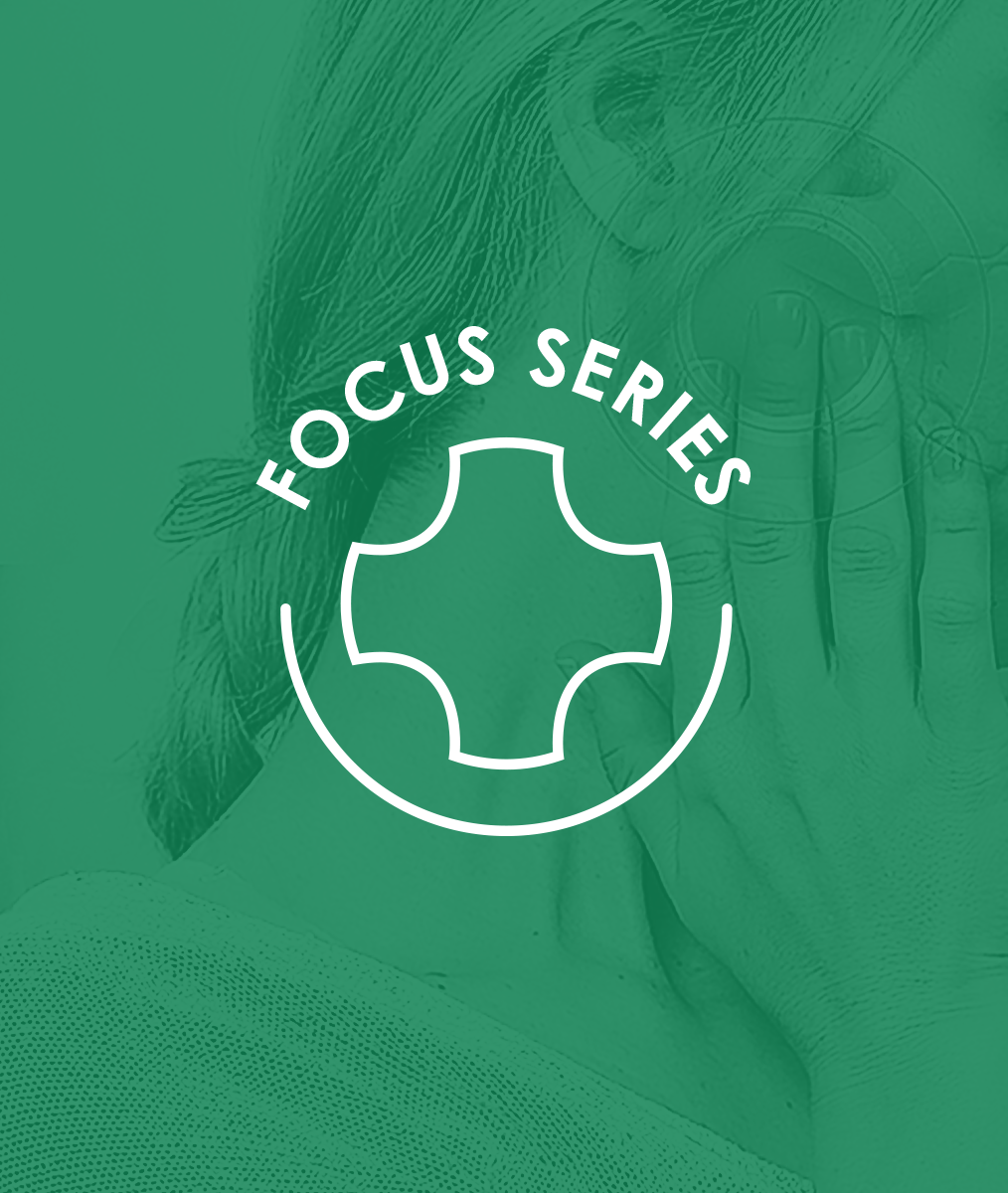
Hard Skills/Soft Skills Part 2
In Part 1, I discussed combining Hard Skills and Soft Skills to wisely and intentionally produce the best outcomes. Soft skills are necessary to establish rapport, work with emotional intelligence, listen actively, and do outcomes based thinking. Hard skills are necessary to produce excellent clinical results.
In Part 2, I would like you to consider “there is no single specific thing that will differentiate your practice and make it successful.” Our work life and personal life are based on balance. Whether you use the Pankey model of Work, Play, Love and Worship or Stephen Covey’s model, balance is the key.
As a professional, there is an expectation among your clients and peers that you and those around you will own and maintain excellence in the hard skills of your calling, but the aforementioned soft skills are also essential. Our family, clients, and staff also deserve to be part of the other three parts of the cross of life. For example:
- Pre-block days off in the schedule just like you book productive time at work. Your most productive time will be when you come back to work after a vacation.
- Take the staff to a Study Club event for fun.
- Support your staff having a volleyball team just like you support your kids’ soccer team.
- Be respectful of personal events in your employee’s family lives. Support from you when times are tough will be repaid many times over.
- Whether formally or in private take time to be thankful for the blessing of your family, your career and those who trust and support you.
James Allen, in his book As A Man Thinketh, emphasized the incredible power of positive attitude and abundance thinking. When we find our staff doing something good and we compliment them, there is ten times the power of “constructive criticism.” When we hear laughter in the office, it is a good thing. Stress is lower among happy people. When we take time to train staff to take intra-oral photos and then trust them to do it right, we are all winners.
The leader in your life and practice is you. Think deeply about the life you want to live and how that will affect those around you. When you learn to see the glass of life as half full and not half empty, you are making progress. When you then are willing to share your glass with others, you are ready for success.
Related Course
TMD & Orofacial Pain: Managing Complex Patients
DATE: January 29 2025 @ 8:00 am - February 2 2025 @ 1:00 pmLocation: The Pankey Institute
CE HOURS: 37
Dentist Tuition: $ 7200
Single Occupancy with Ensuite Private Bath (per night): $ 345
THIS COURSE IS SOLD OUT TMD patients present with a wide range of concerns and symptoms from tension headaches and muscle challenges to significant joint inflammation and breakdown. Accurate thorough…
Learn More>






